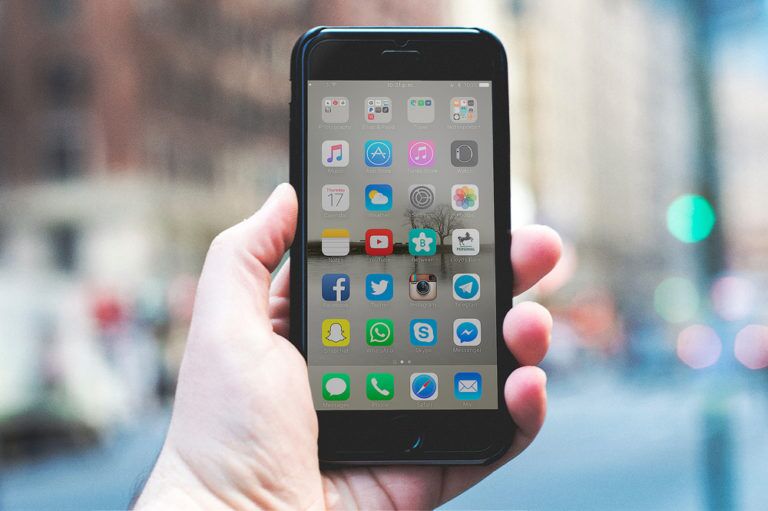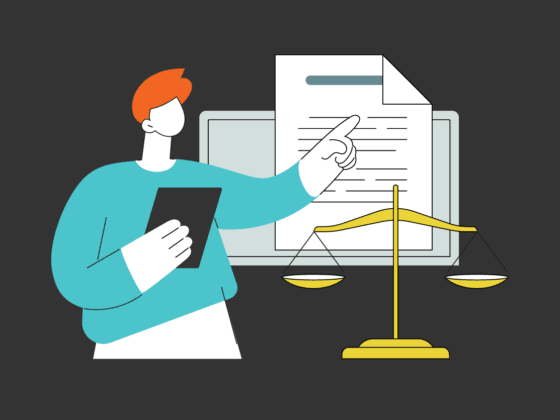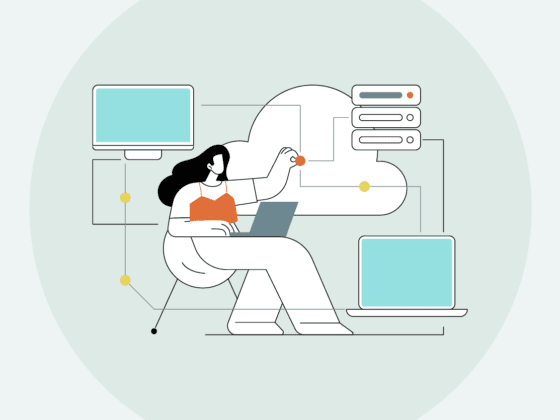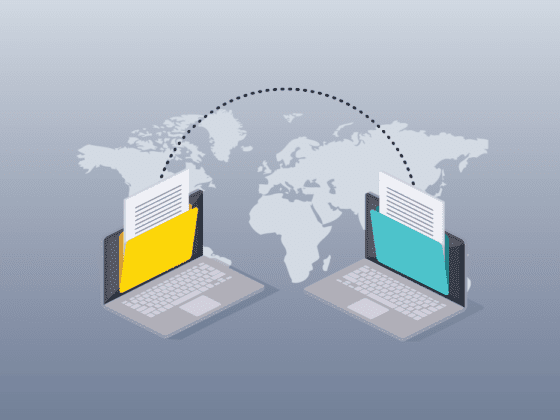On Saturday, Nextpoint released a slew of new features I’m really proud of.
That’s because they all support the goal that should be priority No. 1 for any eDiscovery software: helping clients win civil litigation. Today, great eDiscovery software isn’t just a ‘nice-to-have’ asset for litigation firms. It has a major influence on whether each matter, and each client, is won or lost.
Software is Eating the World
As venture capitalist Marc Andreessen of Andreessen Horowitz has noted, “software is eating the world.” In this 2011 op-ed for the Wall Street Journal, Andreessen explained his thesis– “all of the technology required to transform industries through software finally works and can be widely delivered at global scale.”
He goes on to detail industries that are being transformed:
Retail: Amazon
Film and television: Netflix
Music: iTunes, Spotify, Pandora
Animation: Pixar
Direct marketing: Google
Telecom: Skype
Recruiting: LinkedIn
Automotive: Uber, Tesla
National defense: Drones
Already, we’ve seen the parallels between contraction of the legal industry and contraction of the newspaper business. It’s no longer a question of if or when software will take over the the legal business. It’s learning from how it happened.
Software Has Already Taken Over Legal
Almost every activity an attorney does in her practice is assisted by software. Email, word processing, online legal research, docketing, eDiscovery, time and billing, invoicing, travel planning, office supply ordering, etc. From the complex to the prosaic, it is made more efficient with technology.
That means an attorney’s productivity is actually tied to how good her software is. Better billing software means less time preparing invoices, better word processing means more efficient motion practice, better legal research creates more successful arguments – the list goes on.
Discovery Is Where Litigation is Won or Lost
As a percentage of all civil litigation filed in federal court, less than two percent goes to trial. A similar trend exists in state courts. As business technology use has increased since the early ’70s, the number of dispositions going to trial has decreased.
The reasons are many and varied. But while causation regarding the impact of technology on this trend may be argued, the correlation cannot.
The result, as the Honorable Patrick E. Higginbotham states, is that “discovery has now become the main event – the endgame – in pretrial civil litigation proceedings.”
Discovery Software Can Give You the Edge
Discovery is where cases are won and lost – not in trial. So it follows that the best way to get an advantageous outcome for your client is to be better at discovery. And that requires better eDiscovery software.
Better software costs less, works more efficiently and enables attorneys to expand their discovery requests instead of limiting them. That’s how cases are won during discovery – by getting more of it. Cost calculations for discovery drive settlement discussions and offers.
It’s that simple. If you can do more discovery faster and at a lower cost than your opponent, then you have a significant tactical advantage.
Lawyers Should Compete on eDiscovery Skill
While there have been efforts to promote “cooperation”, they can best be characterized as an uphill climb. What if we took the opposite approach?
Let’s postulate that attorneys should compete on eDiscovery competency, because that’s where suits are won and lost. Does it matter which party is better at cross-examining a witness if only two percent of cases go to trial?
To be better, lawyers must use discovery tactically to improve their litigation strategy. It’s naive to think otherwise. By the way, this is how the rest of the world works. All of modern industry competes on software competence. Uber drivers compete with taxi drivers. Travel agents competed with online travel sites. Newspapers competed with blogging software. Land lines competed with cell phones. iPhones competed with Blackberry.
With better eDiscovery software, you can make up for more mistakes, create disruptions for opposing counsel, strike quicker and respond faster. This is an adversarial litigation, after all.
You can’t change the facts of your case, and you can’t change the law. What you can decide is what software you’re going to use to drive your case.
Much more often than not, better software wins – in legal, as everywhere else.







